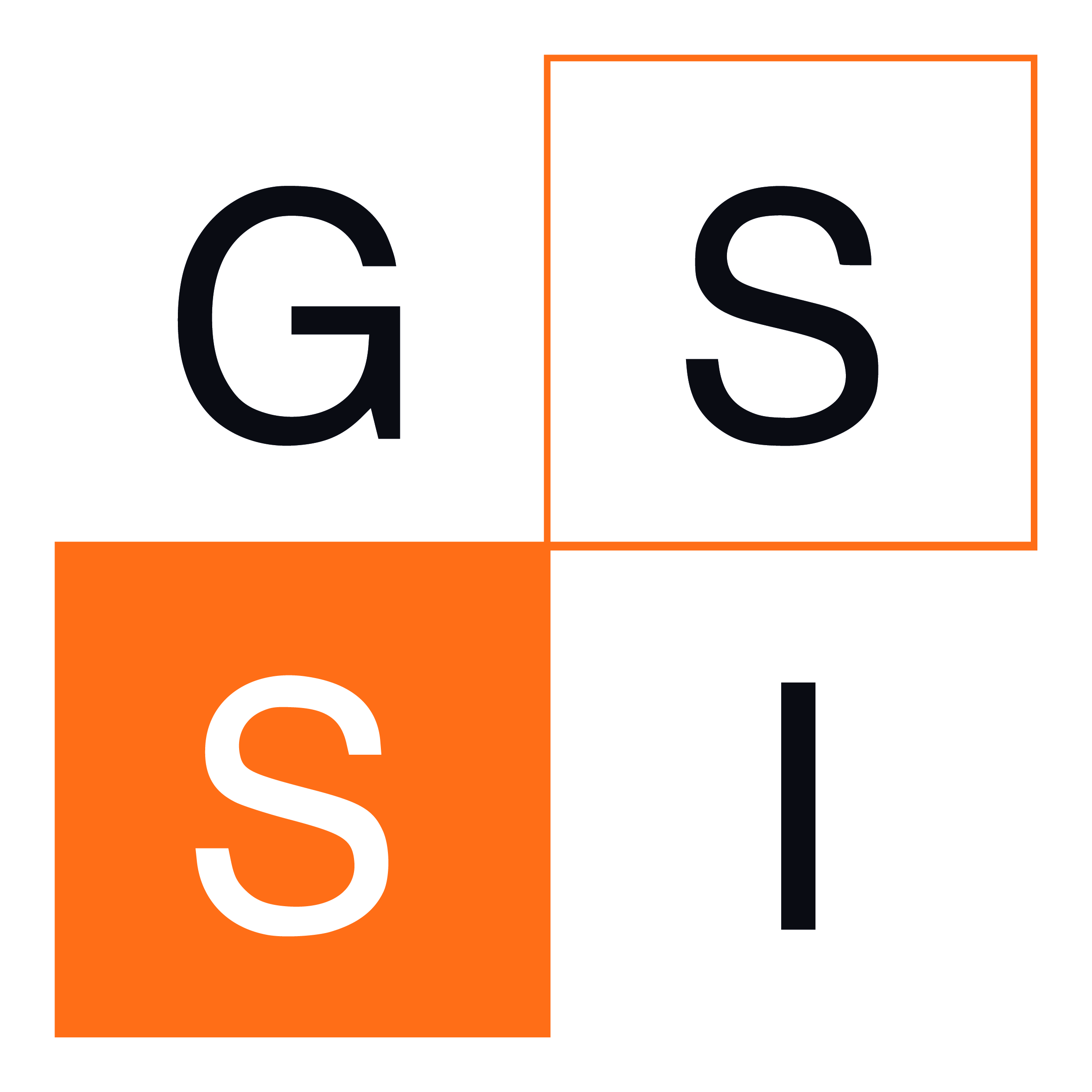NUmerical methods for Compression and LEarning
Gran Sasso Science Institute
 Gran Sasso mountain from Collemaggio Park, L'Aquila
Gran Sasso mountain from Collemaggio Park, L'Aquila
As the amount of available data is growing very fast, the importance of being able to handle and exploit very-large-scale data in an efficient and robust manner is becoming increasingly more relevant. This workshop aims at bringing together experts from signal processing, compressed sensing, low rank methods and machine learning with the goal of highlighting modern approaches as well as challenges in computational mathematics arising in all these areas and at their intersection.
The workshop will feature lectures from invited speakers as well as poster sessions open to all participants.
Online participation will be possible via the zoom link:
https://us02web.zoom.us/j/83830006962?pwd=SmI1MTVKRTllU3dBR01Ybko5bzBJdz09
If you are attending via zoom, please raise your hand using the specific zoom feature at the end of the talks to ask your questions.
Speakers:
- Evrim Acar Ataman (SIMULA Labs, Norway)
- Matthew Colbrook (Univ Cambridge, UK, and ENS Paris, France)
- Marcello Carioni (Univ Twente, Netherlands)
- Bruno Iannazzo (Univ Perugia, Italy)
- Christian Lubich (Univ Tuebingen, Germany)
- Carlo Marcati (University of Pavia, Italy)
- Daniel Peterseim (Univ Augsburg, Germany)
- Leonardo Robol (Univ Pisa, Italy)
- Karsten Urban (Ulm University, Germany)
- Andre Uschmajew (MPI Leipzig, Germany)
- Konstantin Usevich (CNRS Nancy, France)
Organizers:
 .
.  .
.
Alberto Bucci
Andrés Miniguano-Trujillo
Anton Savostianov
Arturo De Marinis
Carmelo Scribano
Carmen Scalone
Dayana Savostianova
Francesco Tudisco
Giovanni Barbarino
Giulio Del Corso
Helena Biscevic
Ivonne Sgura
Jose Alejandro Concepción Alvarez
Kai Bergermann
Konstantin Usevich
Laura Selicato
Mattia Manucci
Miryam Gnazzo
Piero Deidda
Raffaele D'Ambrosio
Rima Khouja
Roberto Cavassi
Silvia Noschese
Stefano Cipolla
Stefano Sicilia
Vishnu Sanjay
Vladimir Protasov
YASSINE CHAKIR
